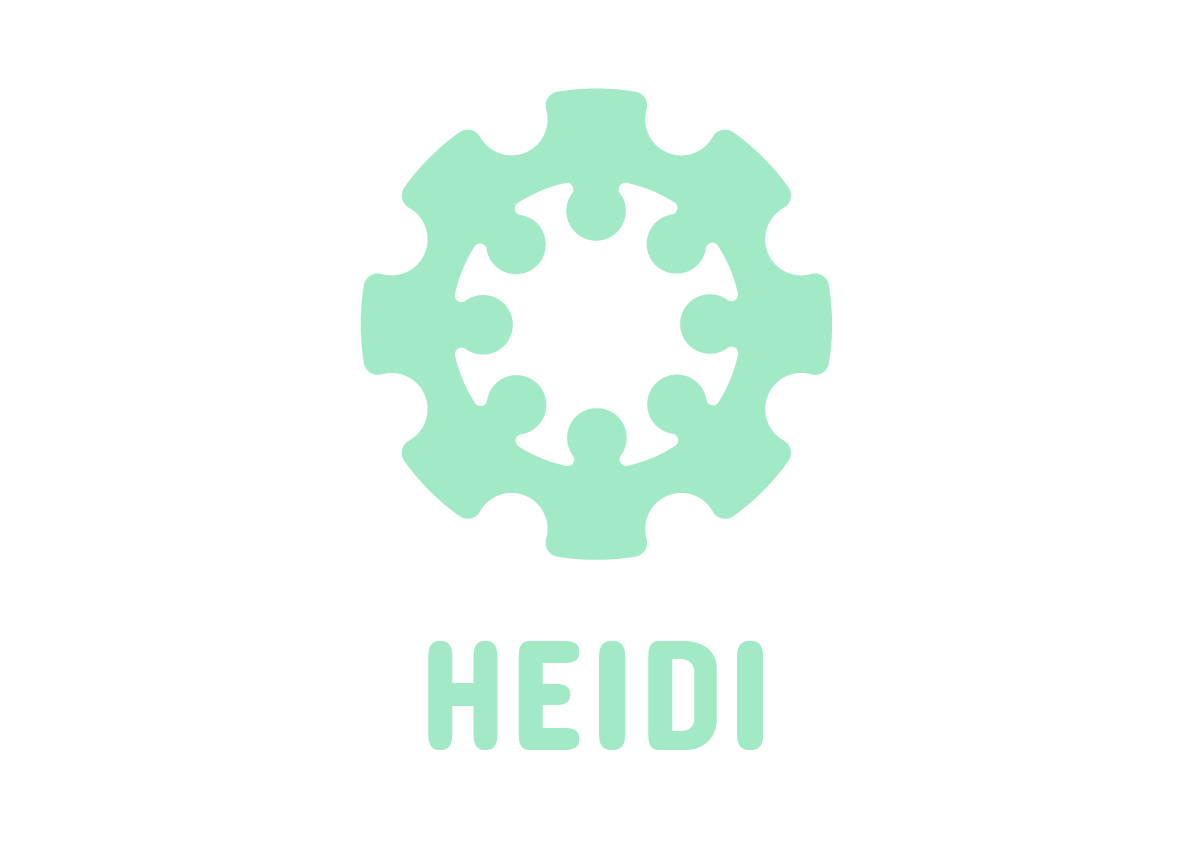Intellectual Output 1 Overview
Study on drivers and barriers of HE engagement in DA as catalyst for social change for HE staff and citizens
Intellectual Output 1 is entitled ‘Study on drivers and barriers of Higher Education (HE) engagement in Digital Action (DA) as catalyst for social change for HE staff and citizens’. Led by the University of Malta, the aim is to familiarize all types of HE actors with DA formats, particularly those related to the Covid-19 pandemic. HE actors include senior leadership, technical and professional staff, research and teaching staff, librarians and archivists, and students. Multi-partner exchanges and knowledge building events such as roundtables and webinars are to be held by all HEIDI partners, to foster awareness of the many forms of DA and their implications. A preliminary report on the definition of DAs, particularly citizen science, the maker movement and hacktivism shall be compiled, which will include examples from the partner institutions. The key lessons to be learnt from these examples will then be used as a basis for the discussions during the roundtables, and will inspire the content of the webinars. A report entitled ‘Drivers and barriers of HE engagement in DA: case studies from Cyprus, France, Greece, Malta and UK’ shall be drawn up following these events, focusing on the potential for awareness raising by HE staff on DA and the creation of a shared knowledge pool on barriers and drivers on the systematic participation of HE staff in citizen-driven innovation. It is envisaged that this Intellectual Output will reach no less that 165 participants.
Intellectual Output 1 Reports
A short collection of initiatives of digital actions that strengthen academia-society cooperation during the pandemic. Three main forms of digital action are emphasized: citizen science, maker movement and hacktivism.
This short, non-exhaustive publication offers examples of digital action carried out at universities-partners in the HEIDI project and at universities outside the HEIDI partnership. The selection of digital actions serves to incite ideas exchange of how forms of digital action (maker communities, citizen science, hackathons, etc) can engage local communities to work with university students and staff.




